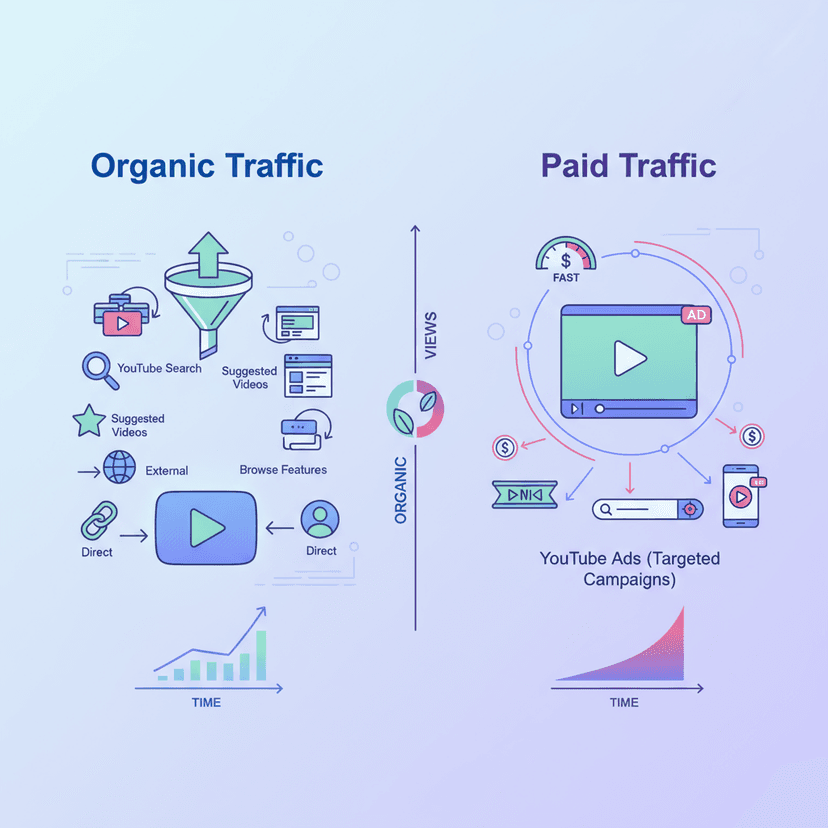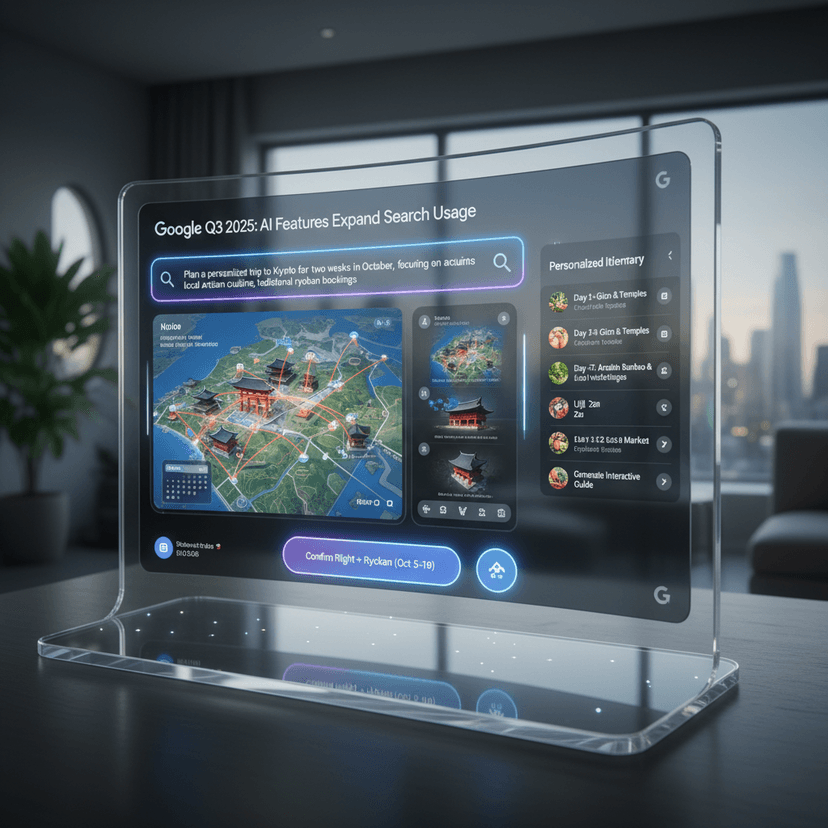table-of-contents
Introduction to SEO for Hotels in 2025
Guests do not start with your booking engine. They start with search. In 2025, SEO for hotels is not only about ranking for “best hotel in [city].” It is about owning each step of a guest’s decision journey, from the first spark of a trip idea to the final click on the Book Now button. When your website, your Google Business Profile, your content, and your reviews work together, you reduce reliance on online travel agencies, defend your brand terms, and increase direct bookings.
This guide breaks down a modern, practical approach to SEO for hotels. It is written for general managers, marketing leads, and owners who want clear steps that improve visibility and revenue. You will learn how search has changed, how to build a strong foundation, what to write, how to get links, and how to measure results that matter.
How Search Has Changed for Hotels
The hotel search landscape has shifted in three big ways. First, Google shows more answers directly on the results page, including AI summaries and rich results. Second, the Map Pack takes a large share of clicks, especially on mobile. Third, user behavior favors fast answers, strong visuals, and trust signals like reviews and awards.
AI Overviews and Answer Engines
Google’s AI Overviews and other answer features pull short, clear information. Hotels that want to appear here should provide concise, fact based content, use structured data, and cover common guest questions in plain language. Short answers and helpful headings make it easier for search engines to feature your content.
The Rise of Zero Click and Map Pack
More searches end without a click because users get what they need on the results page. For hotels, that means your Google Business Profile is as important as your website. Complete details, strong photos, updated amenities, and active review management can win the Map Pack even if a competitor outranks you with their site.
Build the SEO Foundation
A strong foundation lets every piece of content perform better. Focus on speed, structure, and clarity.
Technical Basics
- Speed and Core Web Vitals: Make pages load fast, especially on mobile. Compress images, use next gen formats, lazy load galleries, and reduce heavy scripts from chat, widgets, or trackers that you do not use.
- Mobile first: Most hotel searches are on phones. Test menus, date pickers, and forms on small screens. Make sure the Book Now button is visible without scrolling.
- Clean architecture: Keep navigation simple. Use clear parent pages like Rooms, Offers, Amenities, Location, and Experiences. Every page should be three clicks or fewer from the homepage.
- Index control: Submit an XML sitemap, fix broken links, and avoid thin or duplicate pages. If you have multiple languages, use hreflang tags so the right page shows to the right user.
- Accessibility: Add alt text to images, use readable fonts and color contrast, and ensure keyboard navigation works. Better accessibility helps users and search engines.
On Page Essentials
Each page should target one primary topic. Align the title, H1, and content. Write meta descriptions that set expectations and drive clicks. Add internal links that guide users to booking pages and related content like parking, pet policy, or nearby attractions. Clear, plain English will always beat jargon.
Structured Data for Hotels
Use schema to help search engines understand your hotel:
- Hotel or LodgingBusiness for the property
- LocalBusiness details like address, phone, and geo
- FAQ for common questions (check in times, parking, deposit)
- Review and AggregateRating if you display verified reviews
- Event if you host events or promote local happenings
This support can improve rich results and help with AI summaries.
Keyword Strategy That Matches Guest Intent
Great SEO for hotels starts with guest intent. Different searches reflect different stages of planning. Match your pages to those needs.
Core Buckets of Hotel Keywords
- Discovery: best hotels in [city], family friendly hotels [city], hotels near [landmark]
- Comparison: boutique vs resort [city], hotel with pool [city], pet friendly hotel downtown
- Brand: [hotel name], [hotel name] reviews, [hotel name] phone number
- Transactional: book hotel [city], last minute hotel deals [city], hotel packages [season]
- Support: parking at [hotel], check in time [hotel], breakfast included [hotel]
Use these buckets to map which page should rank for which term. Your Rooms page should win mid funnel “rooms and suites” searches. Your Offers page should win deal and package searches. Your Location and Things to Do pages should target “near [attraction]” and “neighborhood” queries.
How to Do Keyword Research Fast
- Start with your own data: Look at Google Search Console queries. Find terms where you rank on page two and expand those pages.
- Study the Map Pack: Note common features (price range, amenities, neighborhoods) and highlight those on your site.
- Read reviews: Guests tell you what they care about. If many mention parking, quiet rooms, or walkability, add a section and an FAQ.
- Seasonal waves: Build pages for seasonal searches like summer packages, holiday markets, or festival weekends at least eight weeks before the event.
Local SEO and Google Business Profile
Local visibility drives a large share of bookings, especially on mobile.
Optimize Your Profile
- Choose the correct primary category (Hotel) and add relevant secondary







